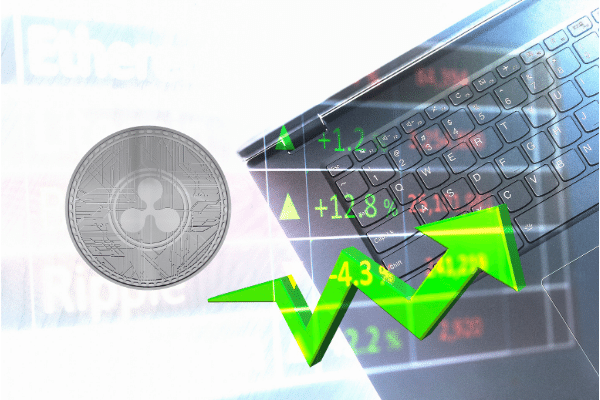South Korea’s foray into the world of Bitcoin Exchange-Traded Funds (ETFs) takes a new turn with the Financial Supervisory Service (FSS) head, Lee Bok-hyun, announcing discussions with the U.S. Securities and Exchange Commission (SEC) on this very topic. This development comes amidst the recent U.S. approval of spot Bitcoin ETFs, igniting a global debate around their regulatory viability, media reports said.
For years, the U.S. grappled with the complexities of approving Bitcoin ETFs due to concerns about market manipulation, price volatility, and underlying asset custody. However, October 2023 finally witnessed the historic green light for several spot Bitcoin ETFs. This decision, while lauded by some, remains controversial due to the concerns mentioned above.
South Korea, a nation with a vibrant crypto scene and history of regulatory innovation, now finds itself at a crossroads. On the one hand, Bitcoin ETFs offer potential benefits like increased accessibility and institutional investment for the digital asset. They could also provide a more regulated avenue for investors seeking exposure to Bitcoin compared to direct ownership.
However, South Korean regulators share similar concerns with their U.S. counterparts regarding market manipulation, price volatility, and the potential for financial instability. Additionally, South Korea has its own unique regulatory landscape and historical experiences with cryptocurrency-related scams, which necessitates a cautious approach.
South Korea has a complex history with cryptocurrency regulation. Initially adopting a relatively open approach, the country witnessed a surge in crypto-related activity, followed by concerns about market manipulation and money laundering. This led to stricter regulations, including a real-name verification system for cryptocurrency exchanges and a ban on Initial Coin Offerings (ICOs).
Given its history and current regulatory framework, South Korea has several options. For example, it can approve spot Bitcoin ETFs with similar safeguards and regulations. This could attract investment and innovation but carries inherent risks. It can also craf regulations specific to the Korean market, potentially focusing on hybrid or futures-based Bitcoin ETFs with stricter oversight.



